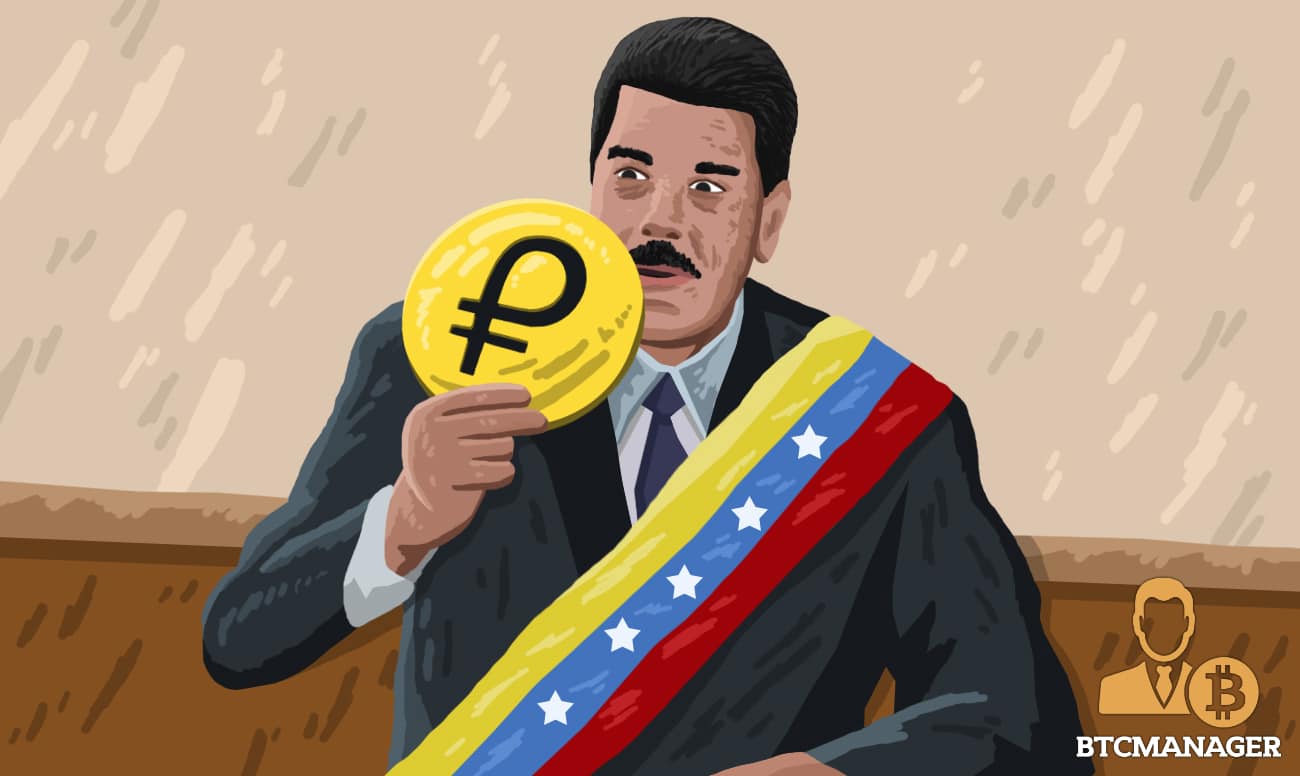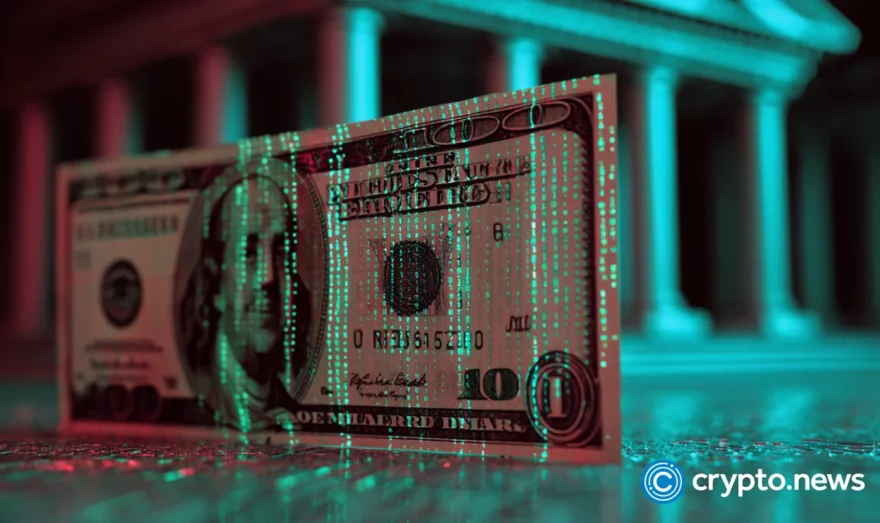Venezuela Formally Confirms Sanction-Skirting Cryptocurrency Payment System

Venezuelan President, Nicholas Maduro, has confirmed rumors that the country is launching a cryptocurrency-based payment network for domestic and international payments. An even more exciting development from here is that the country is looking to accept Bitcoin and Ethereum from a state-owned petroleum company which they will hold as a part of their monetary reserves, as reported by Bloomberg, September 30, 2019.
Taking Control from the Censors
If Bitcoin can be taken away from a dictator, it can be taken away from ordinary citizens too. The entire network is built to bring censorship to a standstill; Venezuela’s new cryptocurrency payment system will allow for more efficient domestic payments, but the kicker is that it finally gives them the ability to transact internationally.
Petroleos de Venezuela SA, a state-run oil and petroleum firm, has requested the government for permission to transact with the central bank in BTC or ETH, rather than Bolivares. This is the kind of scenario Bitcoin proponents dream about, but not all the takeaways here are positive.
When the United States realizes Venezuela is using Bitcoin and other cryptocurrencies to circumvent the sanctions set by them, it will give them a renewed interest in banning the asset class altogether.
A government using a cryptocurrency protocol to showcase its resilience is, in theory, a very bullish moment for the network and the broader ecosystem. However, if said action comes at the expense of widespread adoption, is it still worth it?
Cuba has also taken the cryptocurrency as a means of avoiding American sanctions.
South American Economic Woes
From Argentina to Venezuela, economic disaster has plagued the continent of South America for decades. While Venezuela embraces cryptocurrency as a means of circumventing economic sanctions, Argentine citizens prefer old fashioned dollars.
Argentina has not become especially fascinated with Bitcoin, probably because of how robust the dollar black market is in the country. But, Argentina serves as one of the frontlines of crypto, and it is believed that adoption is increasing within the country.
If the Venezuelan central bank actually adds Bitcoin and Ethereum to their monetary reserves, it will be a landmark move for cryptocurrency. However, the very fact that it is Venezuela, a country that is in the bad books of the United States, makes the situation a little dicier.















